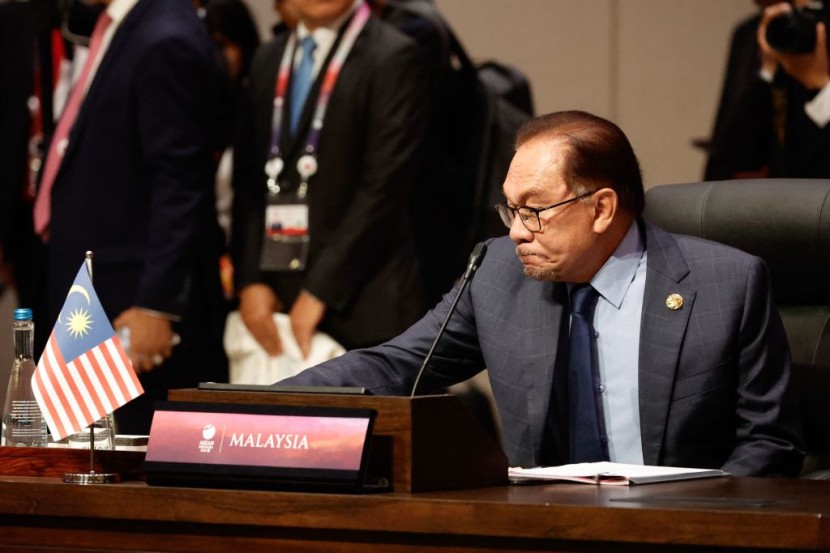As world leaders convened in Indonesia amid escalating geopolitical tensions in the Indo-Pacific region on Wednesday, Chinese Premier Li Qiang stressed the necessity of preventing a "new Cold War" while resolving international disputes.
Speaking at the Association of Southeast Asian Nations (ASEAN) conference alongside China, Japan, and South Korea, Li emphasized the need for nations to "appropriately handle differences and disputes," according to Reuters.
ASEAN is also holding more extensive discussions with Li, U.S. Vice President Kamala Harris, and leaders of associate nations like Japan, South Korea, Australia, and India. ASEAN has previously warned against becoming entangled in disputes between big powers.
Neither Chinese President Xi Jinping nor US Vice President Joe Biden will be present.
Concerns Over China

Concern over China's increasingly aggressive behavior in the South China Sea, a crucial trade route where several ASEAN nations have competing claims with China, is a major topic of discussion during the sessions in Jakarta. In her opening remarks to the ASEAN leaders, Harris stated that the US was dedicated to the area.
Additionally, Harris stated that the United States would keep pressing the Myanmar junta to put an end to the "horrific violence" that has broken out since a military takeover in 2021.
In response to China's illegitimate maritime claims and provocative activities, a White House official had earlier stated that Harris would "underscore the United States' and ASEAN's shared interest in upholding the rules-based international order, including in the South China Sea."
Read also: Antony Blinken Set to Meet China's Wang Yi on During ASEAN Meeting
A Code of Conduct
According to Indonesian Foreign Minister Retno Marsudi, ASEAN and China this week discussed speeding negotiations on a long-discussed code of conduct for the canal.
The United States and its allies have reiterated ASEAN's concerns for freedom of overflight and navigation as well as a prohibition on establishing a physical presence in waters that are in dispute. China has constructed a number of facilities, including runways, on small seamounts.
Just prior to this week's meetings, China published a map with a "10-dash line" indicating what appeared to be an enlargement of the area in the South China Sea that it regards to be its territory. The map was rejected by a few ASEAN nations.
Philippine President Ferdinand Marcos stated in reference to the South China Sea that his nation did not seek out violence but had a responsibility to "meet any challenge to our sovereignty."
While others are more hesitant, certain ASEAN nations have established close diplomatic, commercial, and military ties with China. With different degrees of success, the US has courted the ASEAN nations.
The leaders of the 10 ASEAN countries met at their summit earlier this week in an effort to demonstrate the group's importance in the face of criticism that it is not doing enough to pressure Myanmar's military leaders to work together on a peace plan.
Related article: World Leaders Update: Biden to Attend G20 Summit This Week; Harris Sent to ASEAN Summit to Quell Regional Concerns
© 2025 HNGN, All rights reserved. Do not reproduce without permission.








